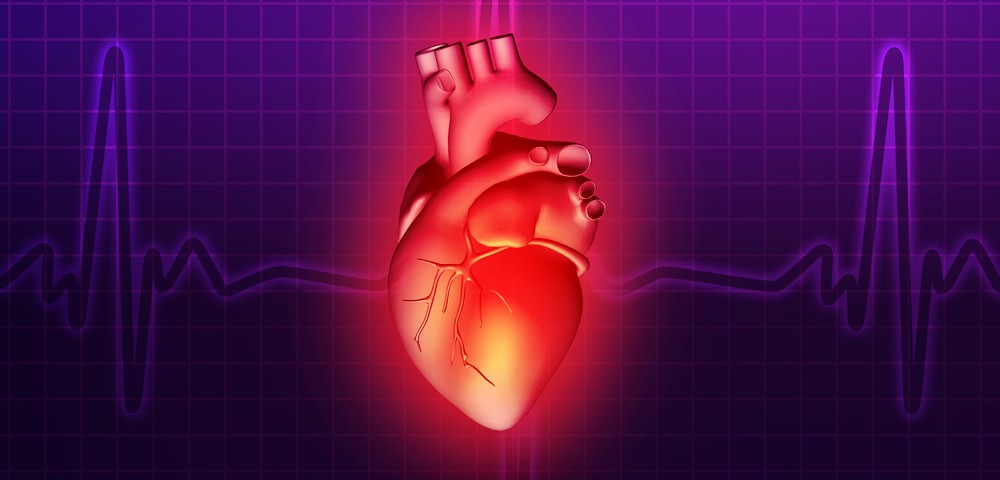Results from the analysis of several EORTC (European Organization for Research and Treatment of Cancer) trials report that Hodgkin’s Lymphoma cancer patients that successfully underwent treatment are at a higher risk for cardiovascular disease. However, this risk is possible to quantify at specific doses of radiation and anthracycline exposure. The research paper was published in Lancet Haematology, entitled, “Cardiovascular disease after treatment for Hodgkin’s lymphoma: an analysis of nine collaborative EORTC-LYSA trials.”
Hodgkin’s lymphoma patients, as evidenced by the success of EORTC trials in developing new therapy strategies, have experienced improved survival rates as a consequence of early diagnostic techniques, targeting therapies to specific tissues and organs and the overall increasing rate of personalized treatment, taking into account the patient’s personal and genetic characteristics. However, due to radiation and chemotherapeutic agent exposure, Hodgkin’s lymphoma patients present increased risk of developing late complications, especially regarding the heart.
The new study, initiated by the EORTC Lymphoma Group, shows the results of a detailed retrospective analysis of nine collaborative EORTC-LYSA trials conducted between 1964 and 2004 by the EORTC Lymphoma Group and from 1993 by the Groupe d’Etude des Lymphomes de l’Adulte (LYSA). The studies were conducted across 13 European countries with information gathered regarding the primary treatment of 6039 Hodgkin’s lymphoma survivors with a medium follow-up of 9 years, and allowed the EORTC researchers to quantify cardiovascular disease risk in a more individual manner. The results demonstrated that it is possible to quantify an increased risk of cardiovascular disease at specific doses of radiation and anthracycline exposure.
In a press release, corresponding author for the study Dr. Maja V. Maraldo, from Rigshospitalet in Copenhagen commented on the study’s achievement and results, “These study results are exciting. They should allow physicians to optimize the combination of systemic therapy and radiation and thereby balance the risks and benefits of different regimens in individual patients.”
The study allows a deeper and more complete understanding of cardio-toxicity related to chemotherapy and radiation treatments, which is seen as a real concern for lymphoma patients.


